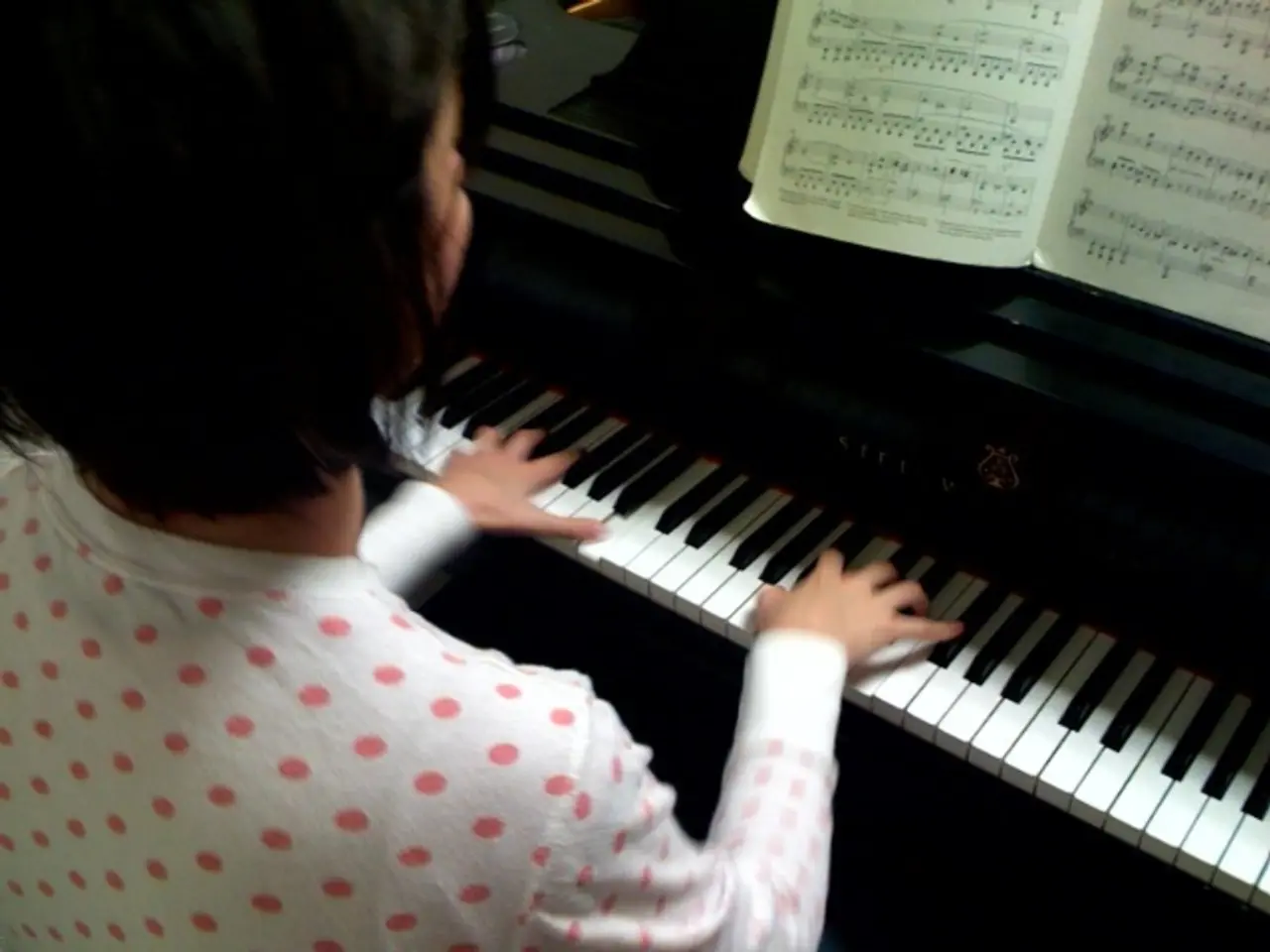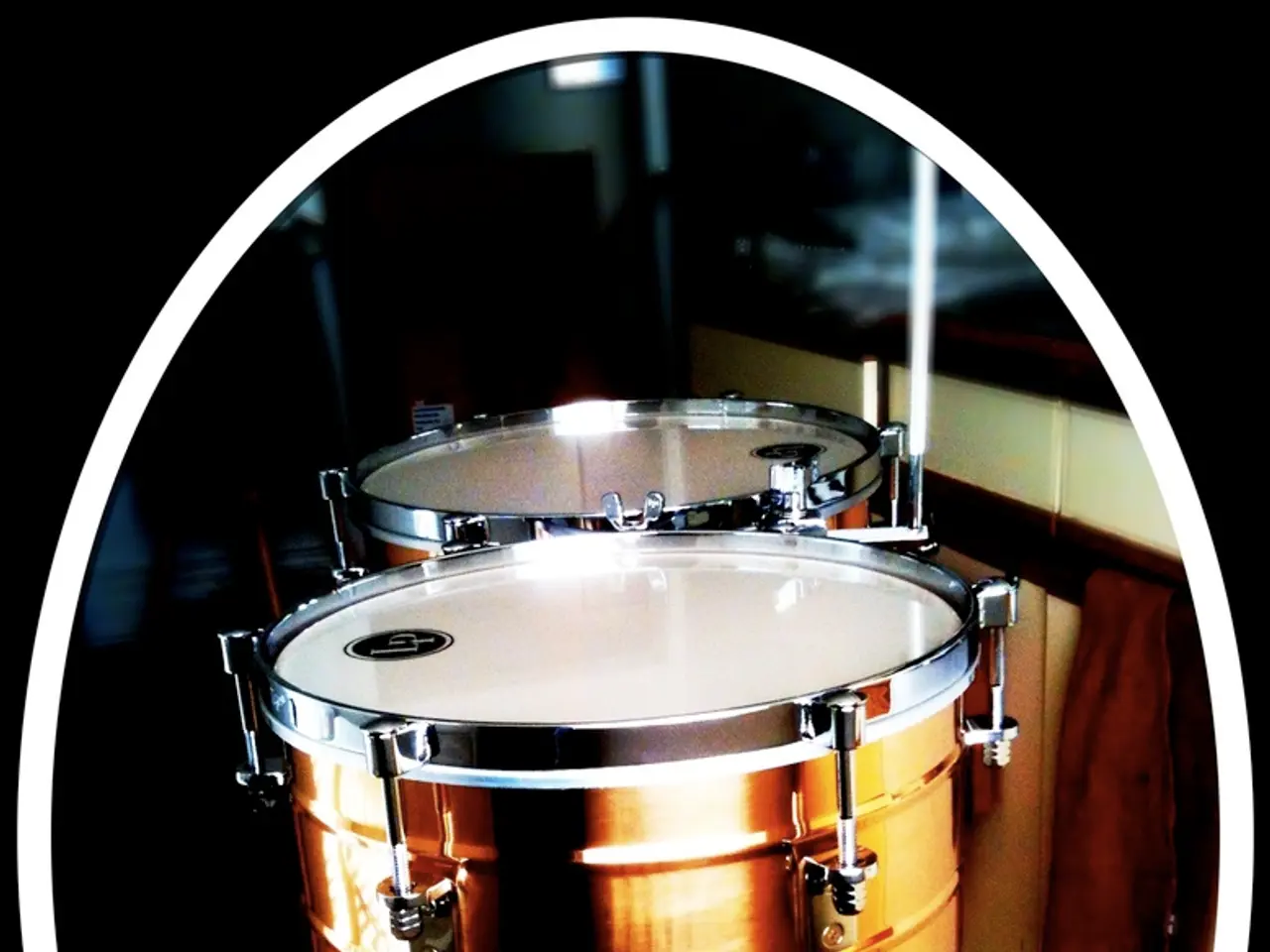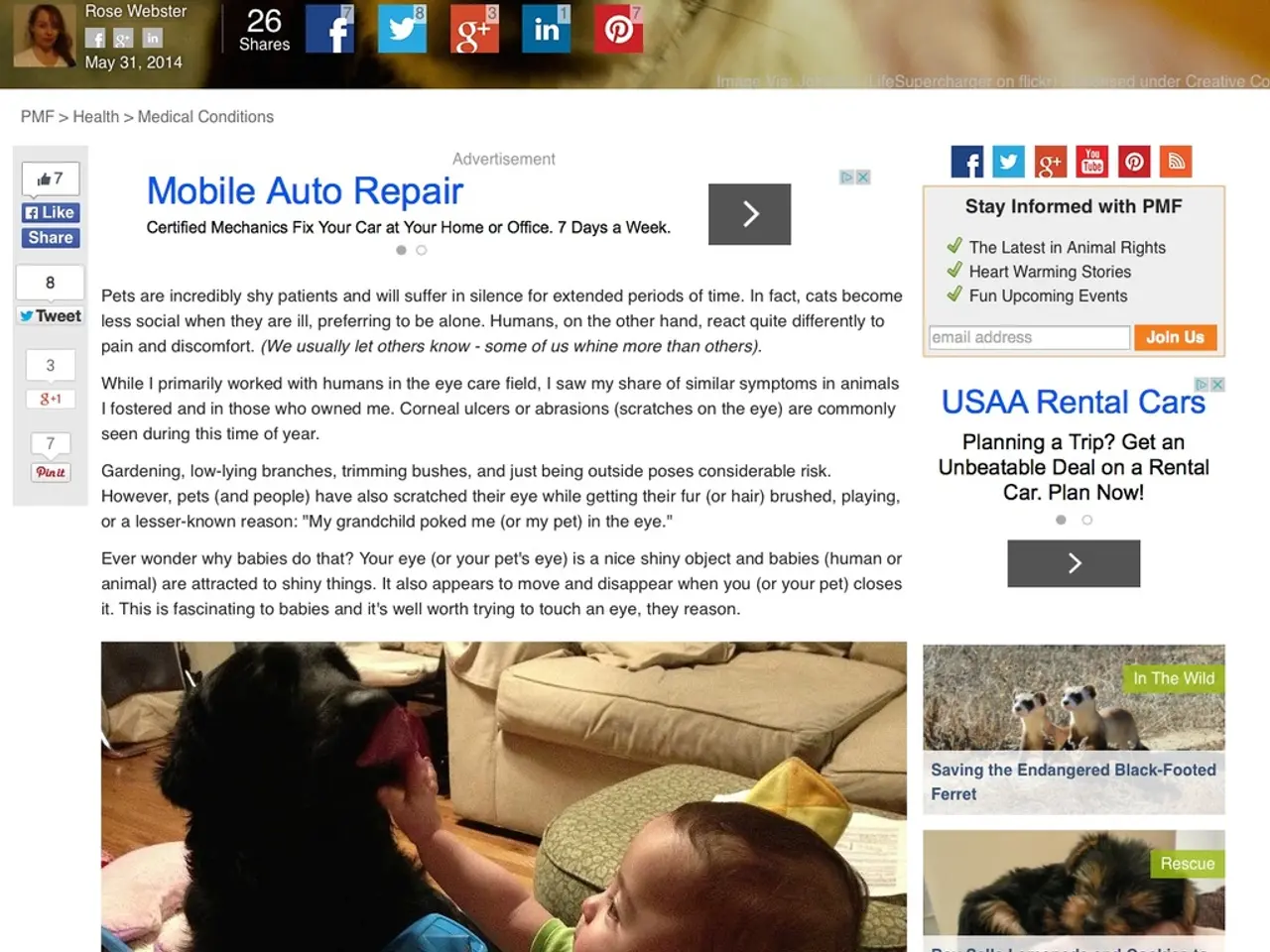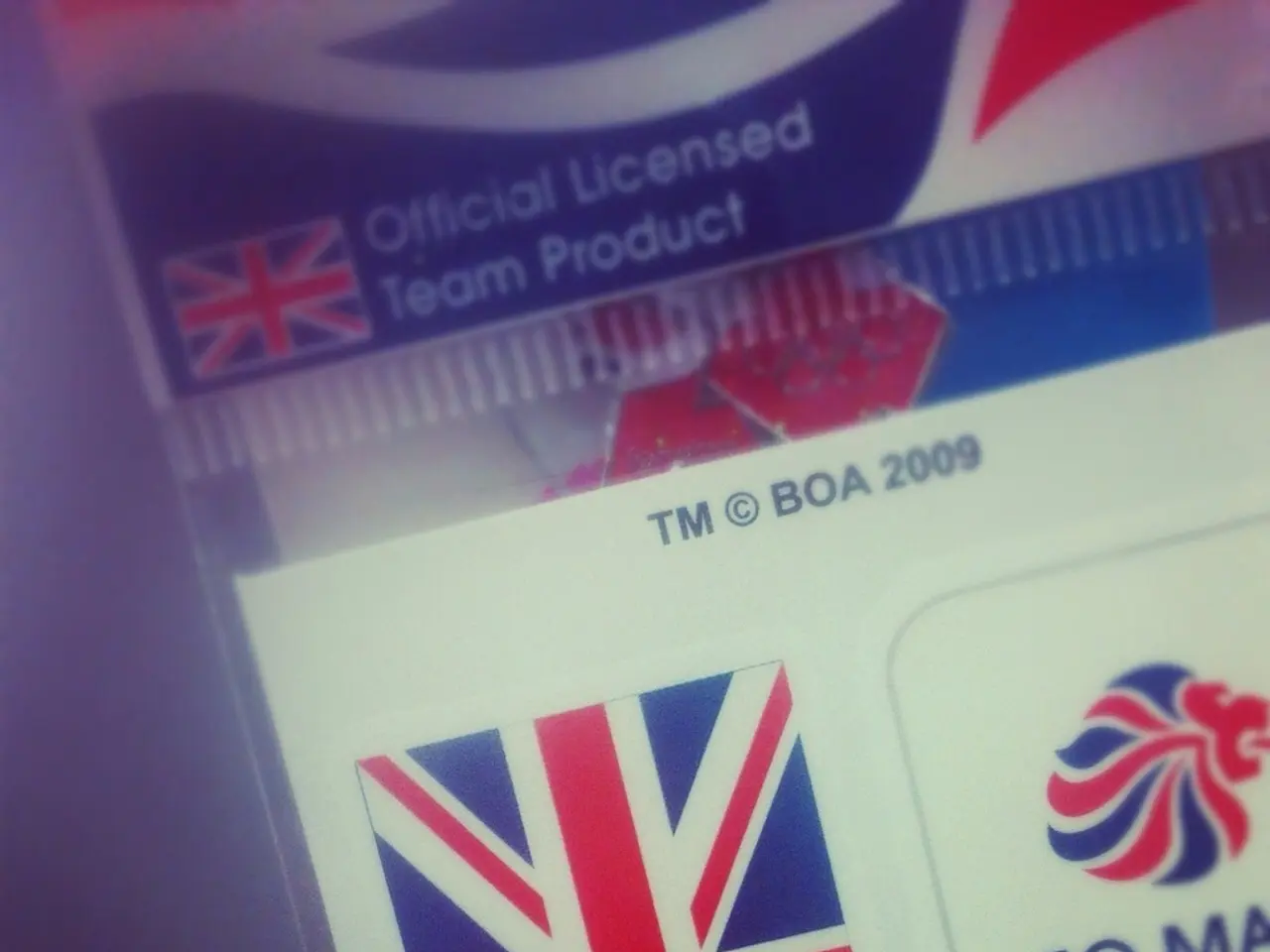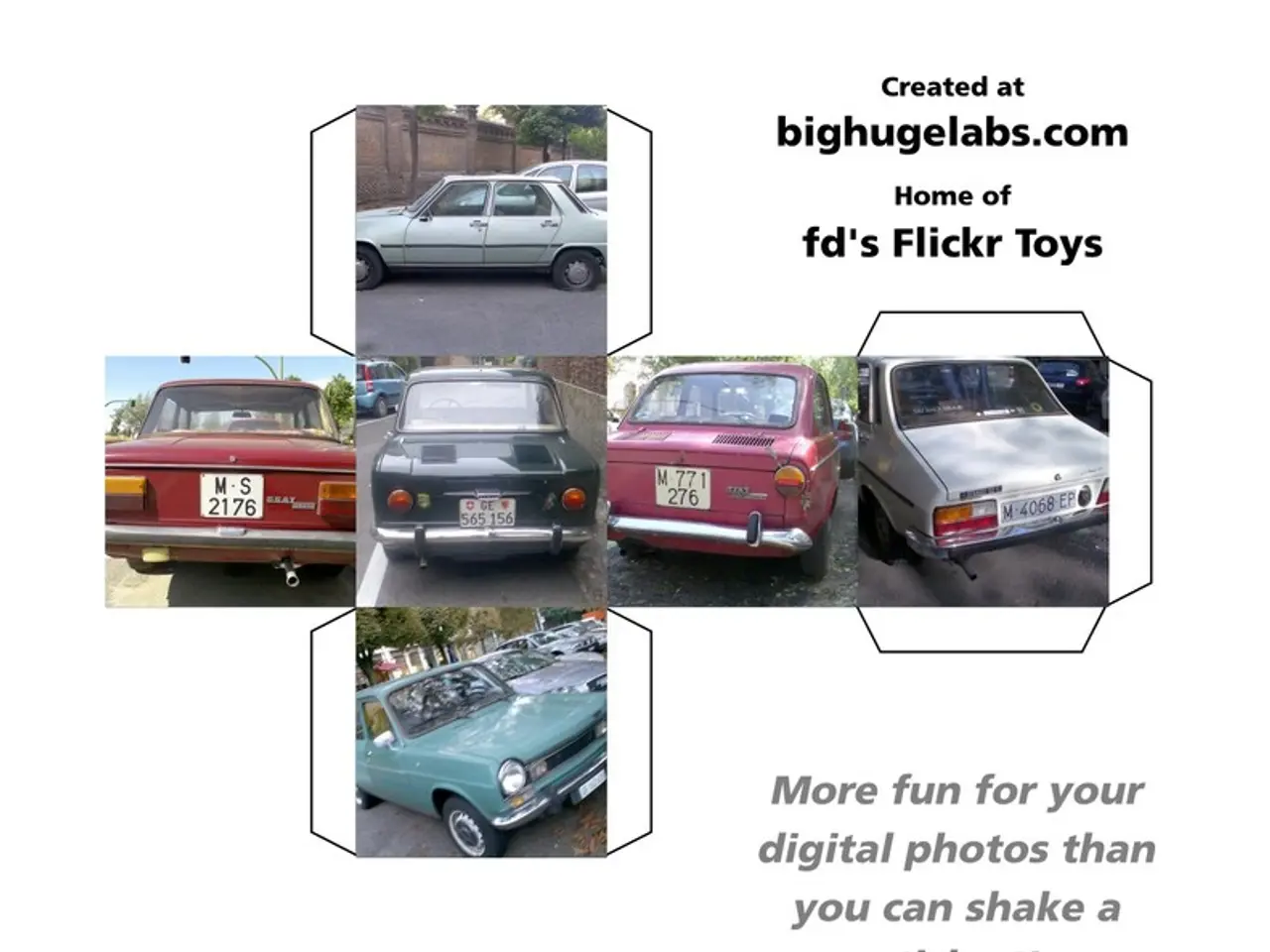Pianist Instructor's Dilemma: Harmonizing Instruction and Performance Skills
In the world of music education, it is essential for piano teachers to ensure that the concert pianist within them not only survives but thrives amidst their teaching routine. Neglecting one's own practicing and professional growth can lead to a condition known as "academic starvation," resulting in stagnation of skills, reduced inspiration, and diminished effectiveness in teaching.
This neglect can have severe consequences. Teachers may find their technique and interpretative skills deteriorating, impacting their credibility and ability to demonstrate or inspire students. Their musical sensitivity may impair, limiting their growth as artists and educators. Moreover, a teacher who no longer develops their own artistry may struggle to offer fresh insights or enthusiasm, negatively affecting student motivation and progress.
The cycle of teaching and learning is interdependent; teachers who nurture their own musicianship and professional growth enrich their teaching, helping to avoid academic starvation and burnout, thereby fostering a more vibrant learning environment for their students.
Consequences
Without regular personal practice, teachers may experience skill stagnation and burnout. Their technique and interpretative skills can deteriorate, diminishing their credibility and ability to demonstrate or inspire students. Such neglect can impair their musical sensitivity and limit their growth as artists and educators.
A teacher who no longer develops their own artistry may struggle to offer fresh insights or enthusiasm, which can negatively impact student motivation and progress. Their presence may lack the vibrancy that comes from ongoing engagement with the instrument and music as a learner themselves.
Limited creativity and professional fulfillment can also result from neglecting personal growth. Professional growth beyond teaching—such as exploring new repertoire, pedagogical methods, or creative approaches—is vital in maintaining joy and originality in music education. Without it, teachers risk becoming mere technicians rather than inspiring mentors.
Solutions
To combat these consequences, several solutions are proposed. Regular individual practice is crucial for wellbeing and maintaining artistic presence. Teachers should dedicate time not just to prepare lessons but to practice as students themselves.
Engaging in purposeful practice that pushes beyond current abilities, identifies weaknesses, and incorporates constructive feedback fosters continuous improvement. Deliberate practice can help teachers maintain problem-solving strategies that are active and agile.
Ongoing professional development is also vital. Seeking new pedagogical strategies, attending workshops, conferences, or collaborating with peers can help teachers stay inspired and effective. Exploring creative, student-centered teaching approaches can re-energize their practice and teaching philosophy.
Balancing teaching and personal growth is essential. Structuring schedules to ensure self-care through music preserves a teacher’s motivation and effectiveness. Recognizing teaching as one part of a holistic musical life is essential.
In conclusion, nurturing the concert pianist within piano teachers not only benefits their own artistic growth but also enhances their teaching effectiveness. By prioritizing personal practice, deliberate practice, ongoing professional development, and balancing teaching and personal growth, teachers can enrich their teaching and create a more vibrant learning environment for their students.
A teacher who neglects personal practice and professional growth may find themselves struggling to offer fresh insights and enthusiasm to their students, potentially impacting student motivation and progress. Regular individual practice, participatory workshops, or engaging in professional development can help maintain a teacher's artistic presence and effectiveness.
The holistic approach to teaching, balancing instruction and personal growth through dedicated practice and continuous learning, can help piano teachers maintain their credibility as artists and educators while fostering a more vibrant environment for student learning.
